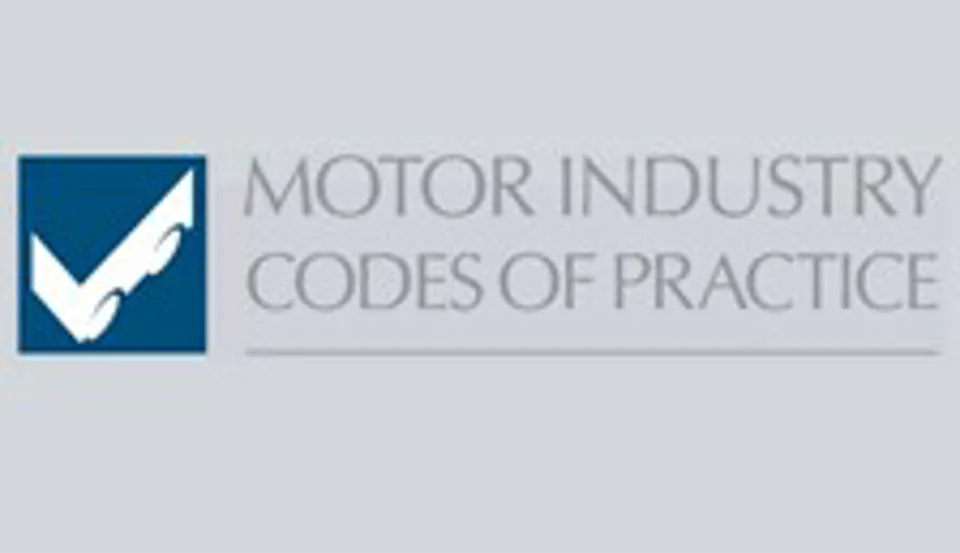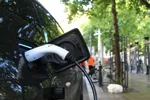Independent repairers are the 2009 target of the industry’s repair code of practice.
A marketing campaign is underway to enlist up to 5,000 garages this year.
Chris Mason, director of Motor Codes, told AM that, having launched the code in September with more than 5,500 franchised repairer members, the focus now is to bring on board the sector which could benefit the most – independent garages.
As well as getting out to as many industry events as possible, he is lobbying the Vehicle & Operator Services Agency (VOSA), to promote the code to the 14,500 small businesses that run MoT testing stations in the UK.
“We would like to see support from the Department for Transport in encouraging those garages to join,” said Mason. “The DfT has its part to play, but it has not been extremely encouraging to date.”
Nevertheless, the code is receiving support from Trading Standards, he said.
Motor Codes’ challenge is to grow membership of the code to 9-10,000 workshops by the end of 2009.
Mason added. “We have to provide the OFT with evidence for stage two approval. We need more evidence of subscribers.”
Mason said the code’s grievance procedure has been in action since its launch.
Most consumer contact has been for advice, but around one in 11 calls has led to the conciliation phase. No members have yet been thrown out, but that is the code’s ultimate sanction – ejection done publicly.
Mason hinted that the standards put in place at launch might be toughened in the future. At present, members are checked within three months of joining and then receive a single audit every two years.
In future, the code may seek an organisation to provide training for members that require it, either for compliance, ATA accreditation or simply for best practice.
Steve Brooker, of Consumer Focus – formerly the National Consumer Council – said it is happy with the balance of the code as other initiatives that audit ahead of joining, such as the BSI Kitemark for garages, have little incentive for workshops to sign up.














Login to comment
Comments
No comments have been made yet.